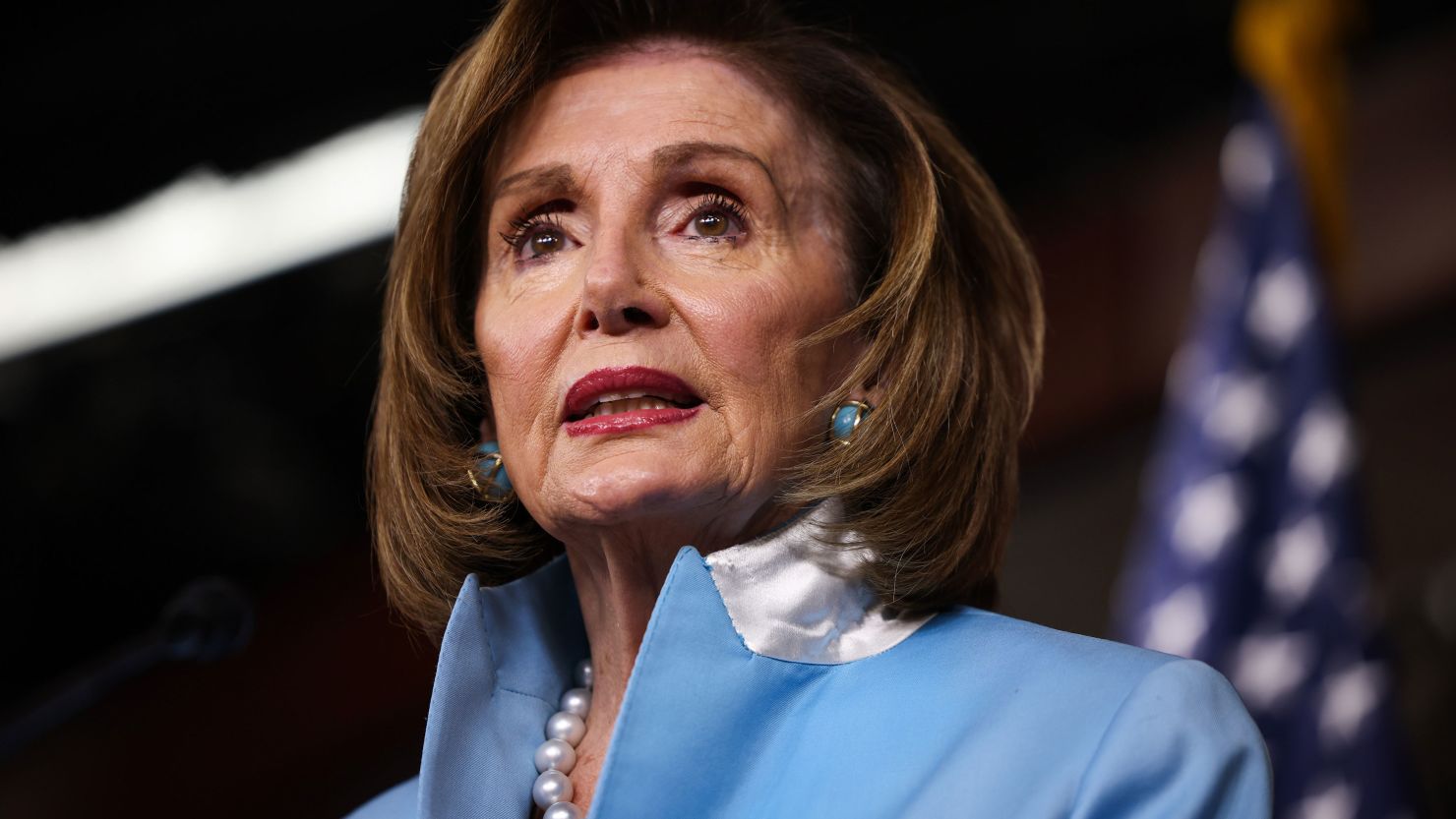The House of Representatives will return to work in Washington this week following the August recess with a government shutdown deadline looming at the end of the month and the midterms – where a major fight is underway for control of the chamber – fast approaching in November.
Republicans are hoping to win back the majority in the House, while Democrats are hoping to limit their losses – and both parties will be eager to allow their most vulnerable lawmakers time to get back on the campaign trail before the election.
The major legislative to-do item for the House and Senate will be to take up a stop-gap bill to extend government funding past a September 30 deadline and avert a shutdown.
This week, the House will also take up a resolution to honor the late Queen Elizabeth II, and the work of the select committee investigating the January 6, 2021, attack on the Capitol will increasingly be under a microscope as the midterms approach.
A resolution to honor Queen Elizabeth II
When the House comes back into session, the chamber will pay tribute to the late Queen Elizabeth II, the British monarch whose rule spanned seven decades, who died on Thursday at the age of 96.
Drew Hammill, deputy chief of staff for House Speaker Nancy Pelosi, announced last week that the House will pass a bereavement resolution on Tuesday in honor of the late queen.
Congressional leaders from both parties have paid tribute to the queen and offered their condolences following her passing.
Pelosi said in a statement the queen “was a pillar of leadership in the global arena and a devoted friend of freedom” and “capably shepherded the United Kingdom through great turbulence and transition.”
House GOP leader Kevin McCarthy said that Queen Elizabeth II “represented what it means to lead with conviction, selflessness, and faith in God and in her people. She led her people with grace, showing what servant-leadership means in principle and in practice.”
Government funding sprint
With government funding set to expire at the end of the month, both chambers are expected to pass a stop-gap funding extension to avert a shutdown. Stop-gap funding bills are known on Capitol Hill as a continuing resolution. The deadline to extend funding is September 30 at midnight.
So far, legislative text for a continuing resolution has not yet been publicly released, but it is expected to extend until sometime in mid-December, setting up another funding deadline close to the end of the calendar year and just before the holiday season.
The Biden administration has made a request to Congress for what it is describing as “four critical needs,” including “support for Ukraine, Covid-19, monkeypox and natural disaster recovery.”
Some Republican lawmakers, particularly in the Senate where passage will require at least 10 GOP votes to overcome a filibuster, have already pushed back against including additional funding for priorities like Covid-19, and are instead calling for passage of a “clean” bill without extra measures attached.
January 6 committee
All eyes will be on the House January 6 committee when the chamber returns as it has yet to formally announce whether it will hold any additional public hearings in September. Committee members have given recent updates, however, on the status of a report the panel is working on and the potential for further witness testimony.
Maryland Rep. Jamie Raskin, a Democratic member of the committee, recently told “Face the Nation” on CBS that that he expects the panel’s final report to come out “by the end of the year.”
CNN reported in July that sources have said the bipartisan committee has already started writing its report, but there is still much debate over which direction it should go. A key question the panel will have to answer is whether the report should include a criminal referral of former President Donald Trump.
Raskin also said that he hopes its members are able to hear testimony from several key people, including former Republican House Speaker Newt Gingrich and Virginia “Ginni” Thomas, the wife of Justice Clarence Thomas.
CNN’s Daniella Diaz, Betsy Klein and Ivana Kottasová contributed to this report.






